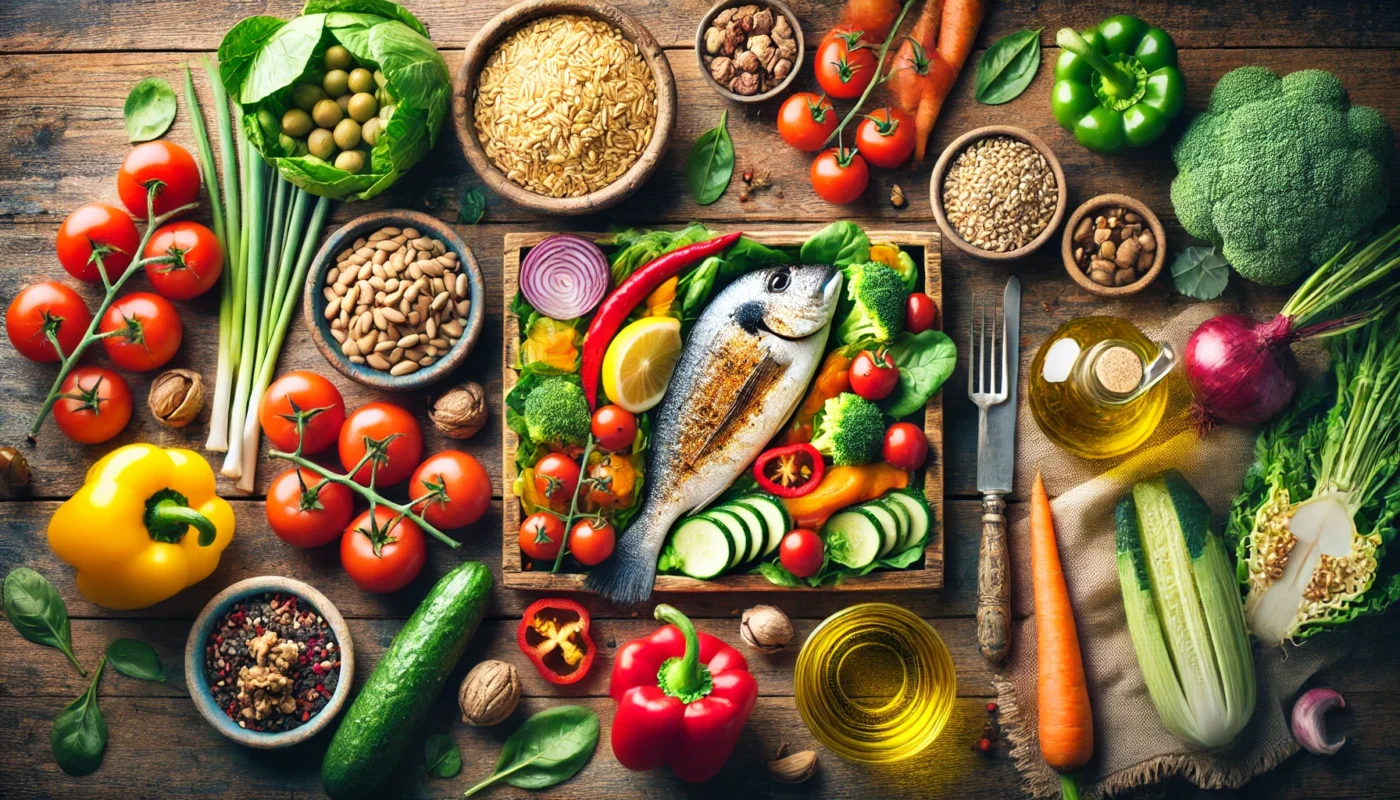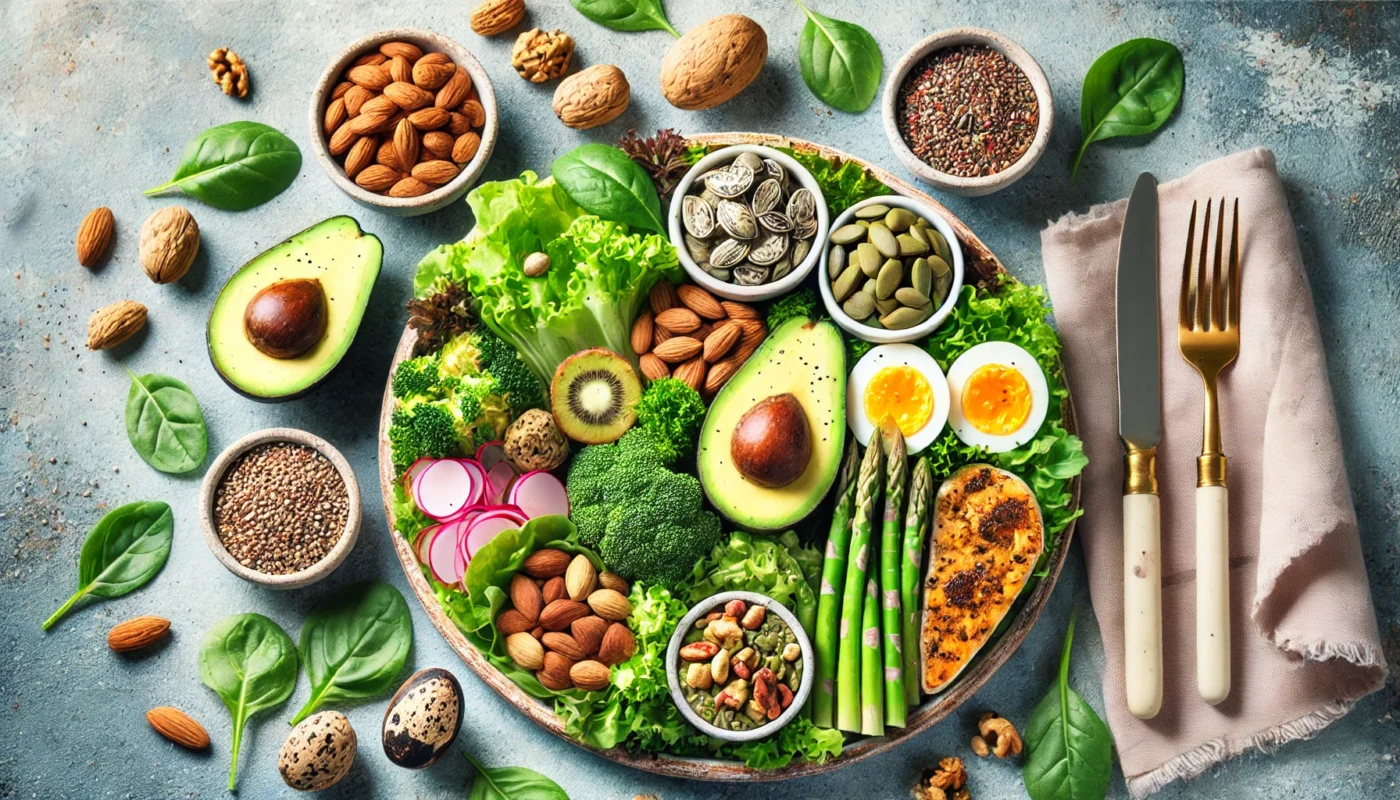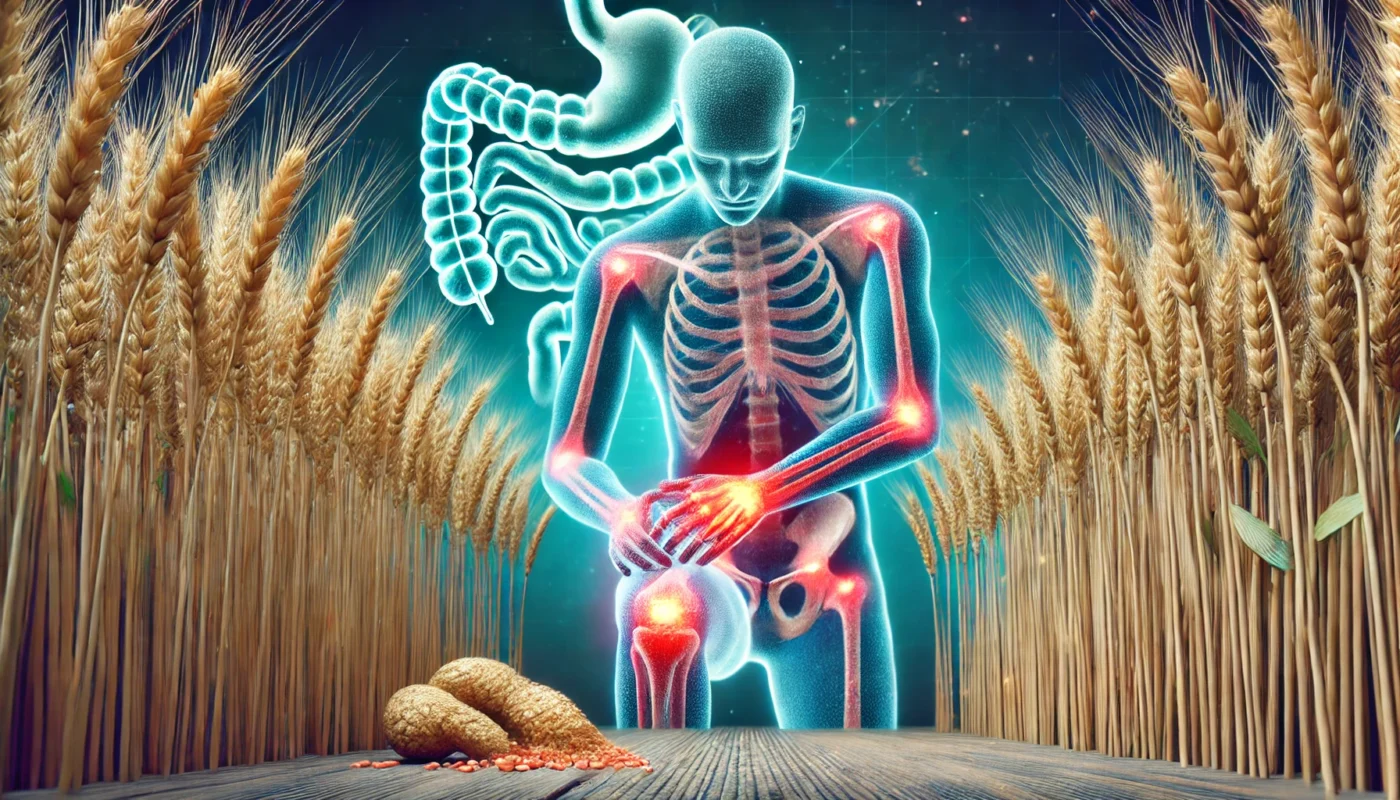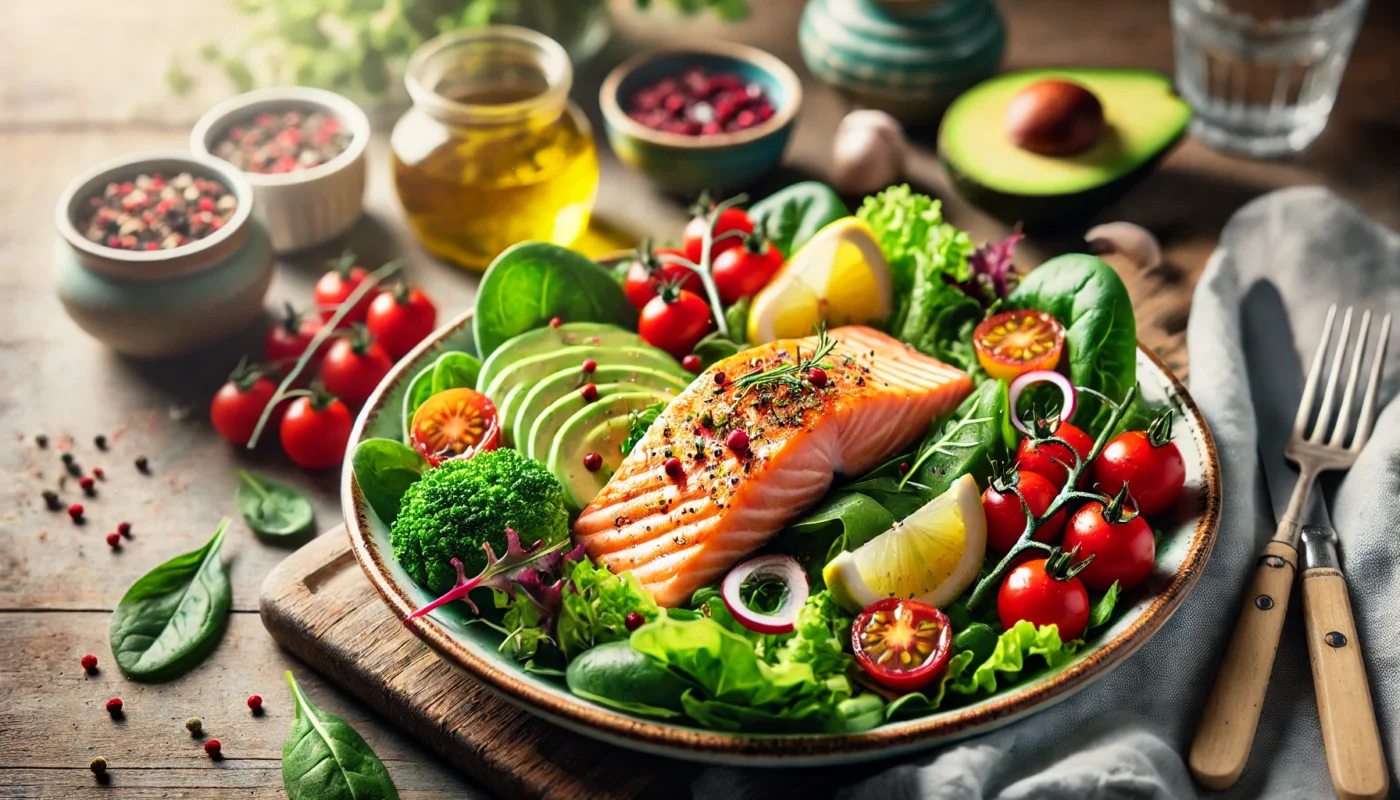In recent years, coconut oil has transcended its traditional culinary uses, emerging as a staple in holistic health practices. With its myriad of benefits, this versatile oil has piqued the interest of researchers and health enthusiasts alike. A significant area of interest is its potential antibacterial properties. But how credible are these claims? Can coconut oil really kill bacteria, and does it possess antibiotic qualities? Let’s delve into the scientific research and practical applications of coconut oil to explore its antibacterial benefits.
Tag Archives: whole foods
Grapes have long been cherished not just for their delightful sweetness and versatility in culinary applications, but also for their potential health benefits. Among the multitude of health topics that pique the interest of fitness enthusiasts, health aficionados, and medical patients alike, the relationship between grapes and inflammation stands out as particularly intriguing. Let’s delve into the scientific evidence and explore whether grapes, along with other popular fruits, are friends or foes in the context of inflammation.
The Mediterranean diet is inspired by the traditional eating patterns of countries bordering the Mediterranean Sea, such as Greece, Italy, and Spain. It emphasizes whole, minimally processed foods, including plenty of fruits, vegetables, whole grains, nuts, seeds, and healthy fats—particularly olive oil. Moderate consumption of fish and seafood, dairy, poultry, and red wine is also encouraged, while red meat and sugar-laden foods are limited.
MSG is a flavor enhancer derived from glutamic acid, a naturally occurring amino acid found in various foods like tomatoes and cheese. MSG imparts the umami taste, which is one of the five basic tastes alongside sweet, sour, bitter, and salty. It is commonly added to processed foods, fast foods, and Asian cuisine to enhance flavor.
Inflammation is a natural response by the body’s immune system to injury or infection. While acute inflammation is essential for healing, chronic inflammation can lead to various health issues, including heart disease, arthritis, and even cancer. Diet plays a crucial role in managing inflammation, and adopting a vegan anti-inflammatory diet can be an effective strategy.
PCOS is often associated with hormonal imbalances, particularly low levels of progesterone and high levels of androgens, which can exacerbate symptoms. Progesterone is crucial for regulating the menstrual cycle and maintaining pregnancy, and its deficiency can lead to anovulation (lack of ovulation) and irregular periods. Therefore, understanding how to increase progesterone in PCOS is a vital aspect of managing the condition.
In today’s fast-paced world, maintaining a healthy diet can often seem like an overwhelming task. With the demands of work, family, and social commitments, it can be challenging to find the time and energy to focus on what we eat. However, with the right knowledge and tools, adopting a nutritious diet becomes a manageable and rewarding endeavor. This article delves into the essential healthy diet foods you should incorporate into your daily routine, offering a blend of scientific insights and practical advice. By embracing these dietary changes, you can enhance your physical health, mental well-being, and overall quality of life.
Recovery is an integral part of any fitness regimen, yet it’s often overshadowed by the excitement of workouts and exercise routines. However, understanding and optimizing recovery is key to achieving your fitness goals. One of the foundational elements of effective muscle recovery is nutrition, particularly the incorporation of essential vitamins that facilitate muscle repair, growth, and overall recovery.
In this comprehensive guide, we will delve into the best vitamins for sore muscles, those that enhance strength, and those that are pivotal for muscle repair and growth. We’ll explore how these nutrients can be leveraged to maximize your post-workout recovery.
Joint inflammation is a common health concern. It’s often linked to arthritis, a condition affecting millions worldwide.
Diet is increasingly recognized as a key factor in managing joint inflammation. Among various dietary components, wheat, specifically gluten, has come under scrutiny.
The question arises: does wheat cause joint inflammation? This article aims to explore this complex issue.
We’ll delve into the biological mechanisms of gluten’s impact on the body. We’ll also examine the difference between celiac disease, wheat allergy, and non-celiac gluten sensitivity.
The potential link between wheat consumption and joint inflammation is a topic of ongoing research. We’ll review the current scientific evidence, acknowledging the need for further studies.
Personal anecdotes of arthritis improvement on a wheat-free diet add another layer to the narrative. We’ll share these stories, while emphasizing the importance of individual dietary responses.
Finally, we’ll provide practical advice for those considering a wheat-free diet. We’ll also discuss the broader implications of dietary choices on joint health.
Join us as we navigate the intricate relationship between wheat and joint inflammation. This exploration aims to empower you with knowledge, enabling informed decisions about your health.
In the quest for optimal health, diet plays a pivotal role. It’s not just about weight management or physical fitness.
Diet can also influence inflammation in our bodies. This is where the ‘itis diet’ comes into play.
The term ‘itis’ is often associated with inflammation. Conditions like arthritis, gastritis, and dermatitis all involve inflammation.
The itis diet is designed to combat this. It’s a dietary approach focused on reducing inflammation and promoting overall health.
This guide will delve into the principles of the itis diet. We’ll explore its benefits and how it can be practically applied for improved wellbeing.
We’ll also compare the itis diet to the Mediterranean diet, particularly for managing rheumatoid arthritis. A detailed food list will be provided to help you implement the diet.
Whether you’re a fitness enthusiast, a health enthusiast, or a medical patient, this guide is for you. It’s time to take control of your health through the power of diet.
Let’s embark on this journey to understanding the itis diet. Your path to better health starts here.










